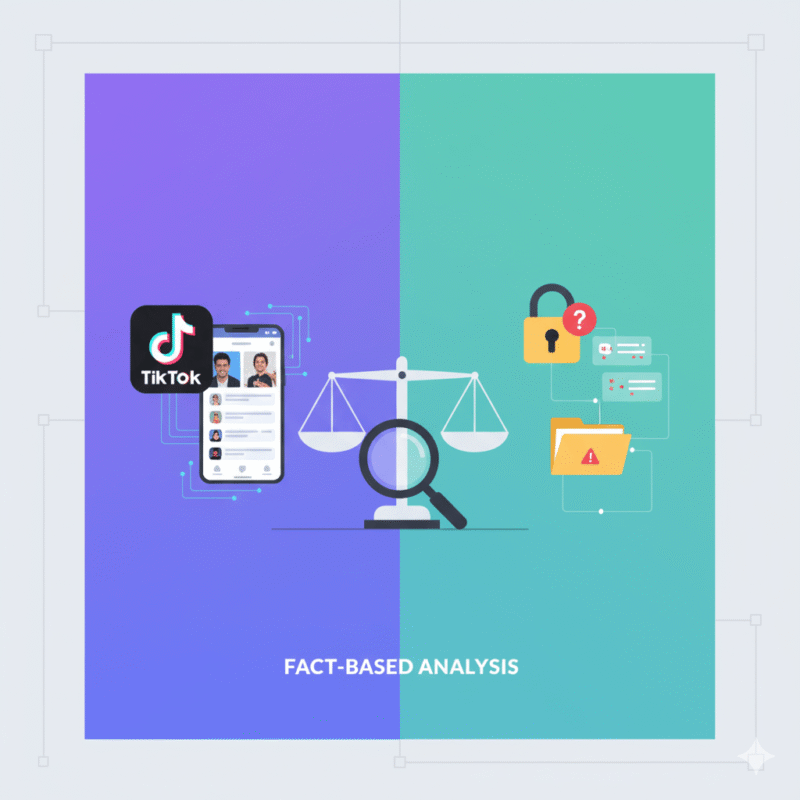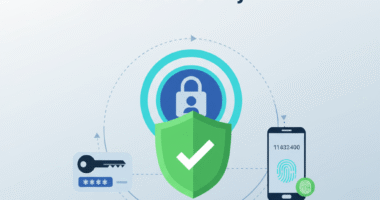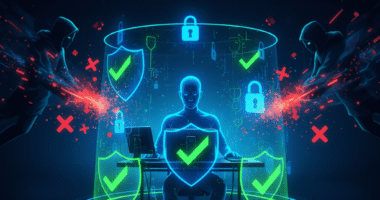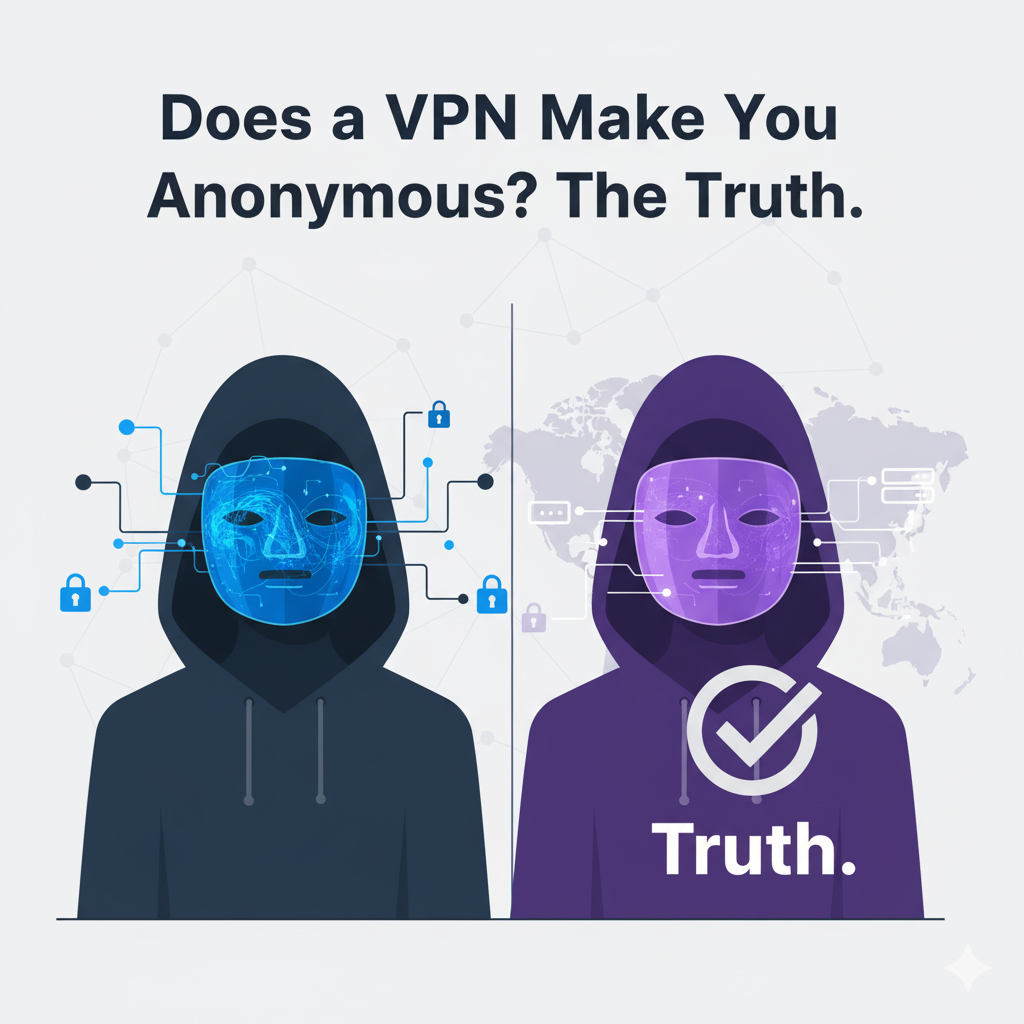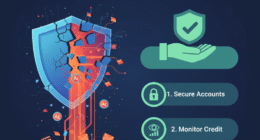It is one of the world’s most downloaded apps. However, it is also one of the most controversial. The debate around TikTok is confusing, emotional, and often deeply political. On one side, millions of people see it as a fun, creative platform. On the other side, governments and security experts are raising serious alarms. As a result, it can be hard to know what to believe. I have spent a lot of time digging through security reports and privacy policies to separate facts from fear. This guide, therefore, will provide a calm, neutral breakdown of the real TikTok security risk debate.
The Two Core Security Concerns Laid Bare
When you strip away all the political noise, the concern about the **TikTok security risk** boils down to two main issues.
- Aggressive Data Collection: What data does the app collect? Is it more than other social media platforms?
- The Link to the Chinese Government: Could the Chinese government force TikTok’s parent company, ByteDance, to hand over user data or manipulate the content we see?
Now, let’s look at each of these concerns based on the available evidence.
A Deep Dive into TikTok’s Data Collection
The first question is whether TikTok is a unique data-gathering machine. The app collects a huge amount of your information, just like all social media platforms. For instance, this includes your profile information, what you watch, what you like, who you follow, your direct messages, and technical information about your device.
So, is this unusual? Multiple independent security analyses have looked at this. A detailed report from The Citizen Lab, for example, found its data collection is aggressive. However, it is not fundamentally different from other major social media companies like Meta (Facebook and Instagram). In other words, while it collects a lot of data, it is not necessarily a greater risk to your personal data than the American-owned apps you already use. The larger issue here is the general lack of privacy across all social media, a topic we cover in our guide to protecting your digital privacy.
The Link to the Chinese Government
This is the heart of the geopolitical controversy. In fact, it is the primary driver of the TikTok security risk debate. TikTok is owned by ByteDance, a company based in China. China’s 2017 National Security Law gives the government authority to force any Chinese company to hand over data for national security purposes.
Therefore, the fear is that the Chinese Communist Party (CCP) could force ByteDance to provide data from non-Chinese users, including Americans. The CCP could then use this data for intelligence gathering or to build profiles on individuals. Furthermore, critics worry the CCP could pressure ByteDance to manipulate TikTok’s algorithm. This might promote pro-China narratives or suppress content critical of the government. TikTok executives have repeatedly testified under oath that they would never hand over U.S. user data. However, the existence of the law remains the core of the concern.
What Steps Has TikTok Taken to Address the Security Risk?
To its credit, TikTok has taken extraordinary and expensive steps to try and calm these fears, particularly in the United States. Specifically, the company launched “Project Texas.” This is a multi-billion dollar initiative to isolate U.S. user data.
Under this plan, the American tech company Oracle stores and manages all U.S. user data on servers in the United States. The idea is to create a firewall. This firewall would prevent anyone in China, including ByteDance employees, from accessing U.S. user data. While this is a significant step, some critics argue that it does not fully sever the link to the parent company. Therefore, they believe it does not completely eliminate the potential TikTok security risk.
My Personal Take: Weighing the Theoretical vs. the Everyday Risk
After reviewing all the evidence, here is my personal conclusion. For the average user, the day-to-day privacy risk on TikTok is very similar to the risk on Instagram or Facebook. All of these platforms are data-hungry. The key difference with the TikTok security risk is geopolitical. It is a theoretical, worst-case scenario. It is the fear of what the Chinese government *could* do, not what has been proven to have happened at a mass scale.
Personally, I use TikTok, but with caution. I do not have it on my work phone. Also, I assume that any information I put on the platform could one day be seen by a foreign government. I make this same assumption for every social media app. The reality is that a data breach could expose my information from any company, at any time. My decision is to treat all platforms with a healthy dose of skepticism.

Conclusion: A Decision Based on Your Personal Risk Tolerance
So, is TikTok a security risk? The answer is not a simple yes or no.
- From a data privacy perspective: It collects a lot of data, similar to other major social media apps.
- From a national security perspective: There is a plausible risk that the Chinese government could access user data or influence content. However, this has not yet been publicly proven.
Ultimately, your personal risk tolerance will decide whether you use the app. If you are a private citizen using it for entertainment, the personal risk is likely low. However, if you are a government employee or a journalist working on sensitive topics, the risk is much higher. The most important thing is to make an informed decision, not one based on fear or political hype.
What’s Your Decision on TikTok?
After reading the facts, have you decided to use or avoid the app? Share your reasoning in the comments below!
